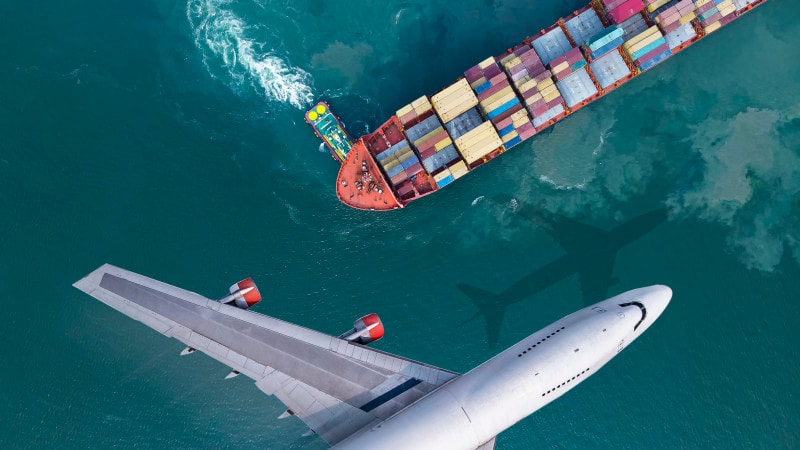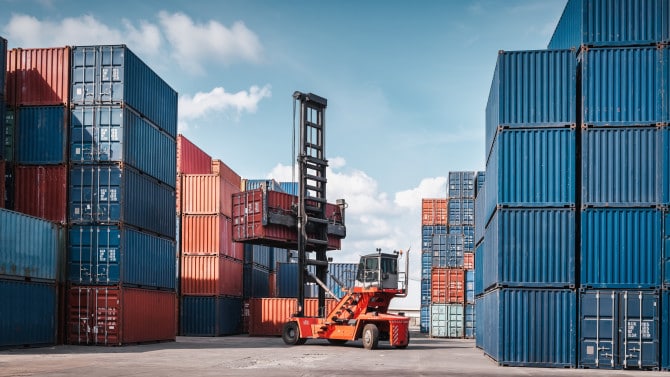Cambodia has experienced significant economic growth in the last decade, becoming one of the fastest-growing economies in the region. Cambodia averaged an annual 7.1% gross domestic product (GDP) growth rate between 1994 and 2021, largely driven by the manufacturing (garment and leather), agriculture, tourism and construction sectors.
Despite the COVID-19 pandemic hitting the economy hard (-3.1% in 2020 and 2.0% in 2021), Cambodia is on an upward trajectory of quick recovery. In the near term, global geopolitical factors like the Russia-Ukraine war pose a significant challenge to economic recovery through rising energy and food prices, as Cambodia is a net importer of these goods.
To sustain its growth, Cambodia requires significant investment in infrastructure to the tune of USD28bn between 2016 and 2040, based on The Global Infrastructure Hub’s estimates. This publication provides insights into potential infrastructure investments opportunities and focuses on the latest market developments in key infrastructure sub-sectors in Cambodia.
The way ahead
Cambodia is on a trajectory of high growth and aims to reach a middle income country status by 2050. With large capital movement flowing from the region into Cambodia, this is likely fuel growth sustainably, should it follow the path of reforms and capital asset formation.
The Council for Development of Cambodia identified six priority development sectors in agri-food, automotive, electronics, textile and apparel, bike and parts and furniture and plywood; as the driver for future growth which is an optimal mix of Cambodia’s traditional strength areas and the potential future leaders.
Investment in infrastructure is an imperative to fuel such future growth. A few defining measures and considerations signal good promise for existing players and future entrants in this market, namely:
- PPP Law of 2021
The new Law on Public-Private Partnership introduced in 2021 is a step in the right direction as the country seeks greater private capital and efficiencies in infrastructure creation. With the enactment of the PPP Law, many bottlenecks in the infrastructure project pipelines could be eased by using an incentive mechanism. - Joint ventures with local players
The ability to find the right local partner is key to help foreign investors navigate various local factors including bureaucracy, business culture, and more. Cambodia has seen good growth in the asset portfolio of such local players who have been able to join hands and diversify into new sectors.
- Cheap and long term financing
The ability to raise affordable long-term capital to finance infrastructure projects remains a challenge. The combination of an increasingly competitive financial sector, larger play by multilateral financing institutions, willingness of local players to access capital markets, availability of guarantee products will enable supply to meet the expected growing demand.

“With significant development plans underway in the neighbourhood and geopolitical shifts potentially altering the capital flows within the ASEAN region, Cambodia is in a good position to capitalise on potential opportunities for sustained growth, further backed by the Royal Government of Cambodia’s commitment to reforms and growth.”
Contact us
| Singapore | |
| Jennifer Tay Asia Pacific Infrastructure Leader, PwC Singapore |
|
| Cambodia | |
| Hy Lang, FCCA Partner, Assurance, PwC Cambodia |
Remy Neou, FCCA Associate Partner, Advisory, PwC Cambodia |








